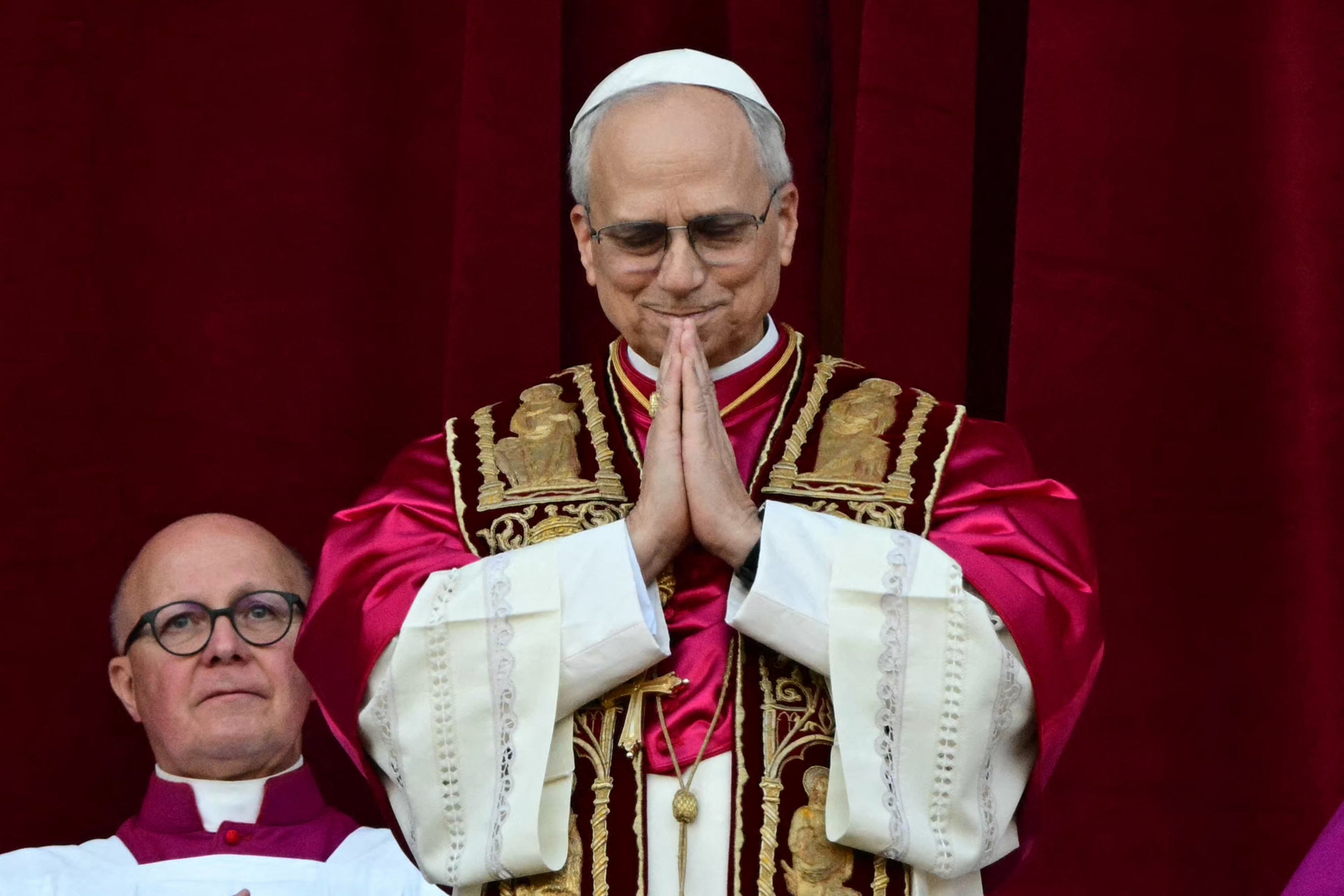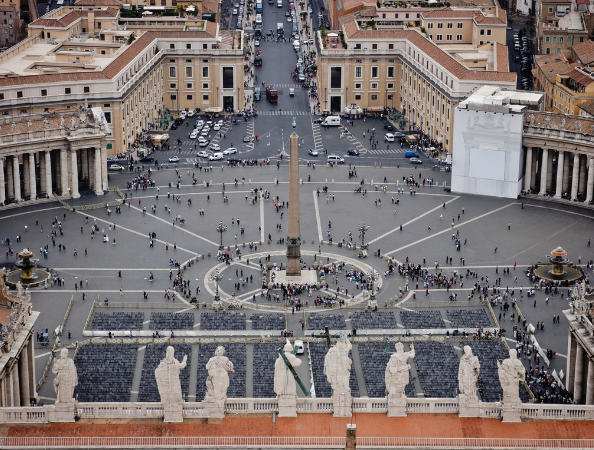Prevost's papacy would continue Francis' legacy, experts say

The election of Leo XIV as the new pope of the Catholic Church is already seen as a strong message from the Vatican regarding the future of the Church. Despite being born in the United States, he is considered a priest "with a Latin heart." Unlike his fellow countrymen (widely known for their opposition to the papacy of Francis), the new Pontiff stood out for his closeness to the Argentine.
Hence, analysts are already referring to him as a pope who will continue much of Bergoglio's legacy, after he appointed him to head the Dicastery for Bishops and with whom he maintained constant communication.

Leo XIV during his presentation in St. Peter's Square. Photo: AFP
"His first message was closely linked to peace. In this case, the Pope reflects the unity of the universal Church, because he comes from working within the Roman Curia, where this is the focus. So, there will be a continuity of many of Pope Francis's messages, but he will give it his own stamp," Monsignor Héctor Henao, one of the main leaders of the Catholic Church in Colombia, told EL TIEMPO.
His position led him to become the late pontiff's principal advisor on the appointment of bishops around the world, so he is familiar with the Vatican's administrative work and his predecessor's style. In fact, in recent days, in his speeches at conferences and press conferences prior to the start of the conclave, he called for a "synodal Church that always seeks charity and closeness to those who suffer," just as Bergoglio had called for at the time.

View of St. Peter's Square in Vatican City. Photo: iStock
Therefore, for Bishop Henao, the Vicar of Christ would lead the Church to "dedicate itself to dialogue, understanding, and harmony among the peoples of the world. Furthermore, he takes up a great motto: 'walking together' as a people, which is reflected in his pastoral character and his experience in Peru."
But despite his similarities with Francis, he is considered to have a much more sober and conciliatory approach, and also more moderate on controversial issues, which undoubtedly was a determining factor in his election. His pastoral and missionary profile (a devout Augustinian and former supreme head of the Order of Saint Augustine) has also allowed him to build bridges with Latin America and maintain connections around the world, a key aspect in the Church's search for unity, following significant controversies during the Argentine's time between the pope and more conservative bishops and cardinals, especially in the United States, where Pope Leo XIV hails.
Vatican expert Óscar Elizalde believes this, emphasizing that in this "journey together," his missionary profile is expected to prove decisive: "He's not naive. He understands the realities of the world. He traveled the world when he was Superior General of the Augustinians, a position of maximum responsibility. He comes from a religious congregation, and that's a very interesting sign of what he will contribute to the Church, given his sensitivity to social justice. The Order of Saint Augustine is an order that has educational centers and universities and works with communities."
Meanwhile, Isabel Corpas, a doctor of theology, stated: "He will not make structural changes to the Church; he will follow Francis's lead. He will respond to technological advances and artificial intelligence."
Controversial topics One of the most notable aspects of Leo XIV's thought concerns gender equality and the family. In 2019, he spoke out in defense of 100 percent equal treatment between men and women, but he was clear that "we are convinced of the importance of promoting the family as a constitutive element of society and not destroying the family as it has traditionally been considered: a man and a woman who love each other and are committed."
Although Prevost has previously questioned same-sex unions, he has also taken a progressive stance on other issues, such as when he presided over one of Francis's major reforms, which included three women among the voters who decide bishop nominations, a significant step toward gender equality in the Church.
eltiempo





